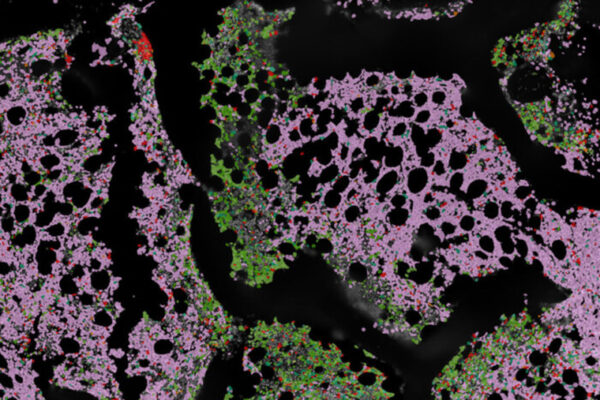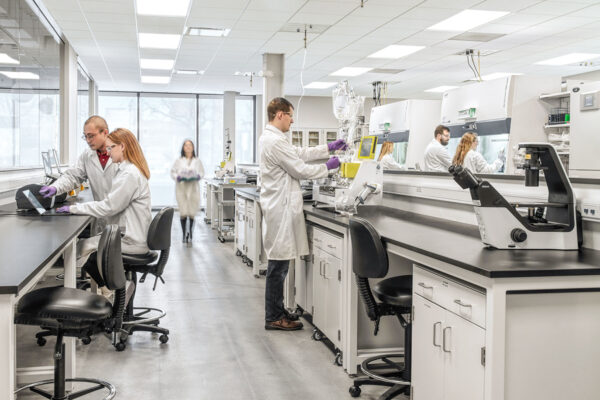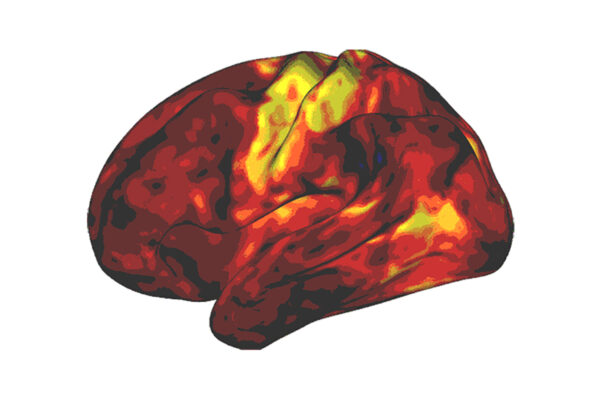WashU named Focused Ultrasound Center of Excellence
Washington University in St. Louis has been recognized as a Focused Ultrasound Center of Excellence by the Focused Ultrasound Foundation.
Donald ‘Don’ Clayton, former associate vice chancellor of Medical Public Affairs, 71
Donald “Don” E. Clayton, a former associate vice chancellor of Medical Public Affairs at WashU Medicine, died Jan. 8 after a respiratory illness. He was 71.
Implant provides lasting relief for treatment-resistant depression
In a new study, WashU Medicine researchers show that vagus nerve stimulation provides substantial, long-lasting relief to some people with the most severe treatment-resistant depression.
AI ‘CHEF’ could help those with cognitive declines complete home tasks
A team of WashU researchers has integrated two novel vision-language models that create a potential AI assistant that may help people with cognitive decline cook meals and remain independent.
Inflammatory immune cells predict survival, relapse in multiple myeloma
Researchers at WashU Medicine and their collaborators have created an immune cell atlas of multiple myeloma, a cancer of the bone marrow. The new resource could improve prognosis and guide development of new immunotherapies.
WashU startups attract record-setting $1.7 billion in private-sector investment over past year
Startups built on WashU discoveries attracted a record $1.7 billion in private-sector investment over the past year, accelerating the commercialization of WashU innovations into life-changing diagnostics, therapeutics and medical devices.
Steven L. Teitelbaum, professor of pathology and immunology, 87
Steven L. Teitelbaum, MD, a nationally recognized leader in bone biology research at WashU Medicine, died Dec. 15 in St. Louis. He was 87.
Stimulant ADHD medications work differently than thought
In a new study, WashU Medicine researchers found that widely prescribed drugs such as Ritalin and Adderall don’t affect attention-controlling regions of the brain, as previously thought, but rather act on areas involved in wakefulness and reward.
New ALS drug stabilizes decline with improved strength, mobility for some
Long-term use of a new drug, toferson, approved by the FDA for a rare genetic form of ALS, delays symptom progression and death and leads to stabilization or improvement in some patients, according to a study by WashU Medicine researchers and collaborators.
Garcia receives American Chemical Society award
Benjamin Garcia, the Raymond H. Wittcoff Distinguished Professor and head of the WashU Medicine Department of Biochemistry and Molecular Biophysics, has received the American Chemical Society’s 2025 Saint Louis Section Award.
View More Stories









